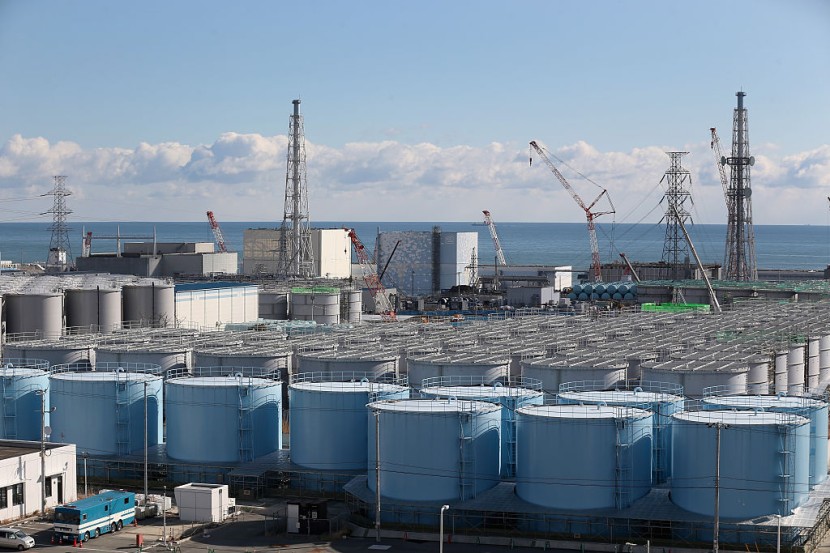
The Japanese environment ministry reported on Thursday, September 21, that construction workers stole and sold possibly radioactive scrap metal from the area around the damaged Fukushima nuclear power plant.
The materials in question vanished from a museum that was being dismantled in a designated zone about 2.5 miles from the nuclear facility in northeast Japan.
Intense cleanup efforts permitted residents to return to the region in 2022, but the area around the Fukushima plant is still off-limits due to elevated radiation levels.
Missing Scrap Metal
Late in July, employees from the joint venture carrying out the demolition work reported the theft to the Japanese Ministry of the Environment, which is "exchanging information with police," according to ministry spokesman Kei Osada, as reported by CBS News.
Despite the fear, Osada said the metal was likely utilized in the building's framework, which means it might not be subjected to excessive radiation during the nuclear catastrophe.
In the event that radiation levels are excessive, metals from the region will need to be moved to a temporary storage facility or disposed of safely. If the levels are low, the materials can be reused. Unfortunately, according to Osada, the radiation levels of the stolen scrap metals had not been checked.
The Mainichi Shimbun said earlier this week, citing unnamed sources, that the employees had sold the scrap metal to businesses outside the zone for about 900,000 yen ($6,000).
The amount of metal that disappeared, its current location, and whether or not it constitutes a health danger are all unknown.
Metal Thefts on the Rise
NHK, Japan's national broadcaster, reported this past summer that scrap metal firms in the bordering prefecture of Ibaraki had been encouraged by authorities to conduct more stringent checks on their suppliers due to an increase in metal thefts. More than 900 occurrences were reported to Ibaraki authorities in June alone, more than any other of Japan's 47 prefectures.
Metal grates spanning more than 20 miles of highway were reported stolen, said the authorities in Chiba, east of Tokyo. This scares drivers on the narrow roadways at night due to the possibility of drifting into open gutters.
Meanwhile, in Tsu, Mie prefecture, west of Tokyo, municipal maintenance workers have begun monitoring roadside grates and placing metal clips to deter thieves.
Wastewater Release
In the biggest nuclear catastrophe since Chernobyl, several meltdowns occurred at the Fukushima-Daiichi nuclear facility on March 11, 2011.
After considerable decontamination efforts, several regions near the plant have been assessed safe for people to return, with just 2.2% of the prefecture remaining covered by no-go orders.
Last month, Japan started discharging more than a billion liters of wastewater stored in a thousand steel containers into the Pacific Ocean.
The plant operator TEPCO and the UN atomic watchdog agree that the water is safe. However, China is not satisfied and has banned the import of Japanese seafood into the nation.








